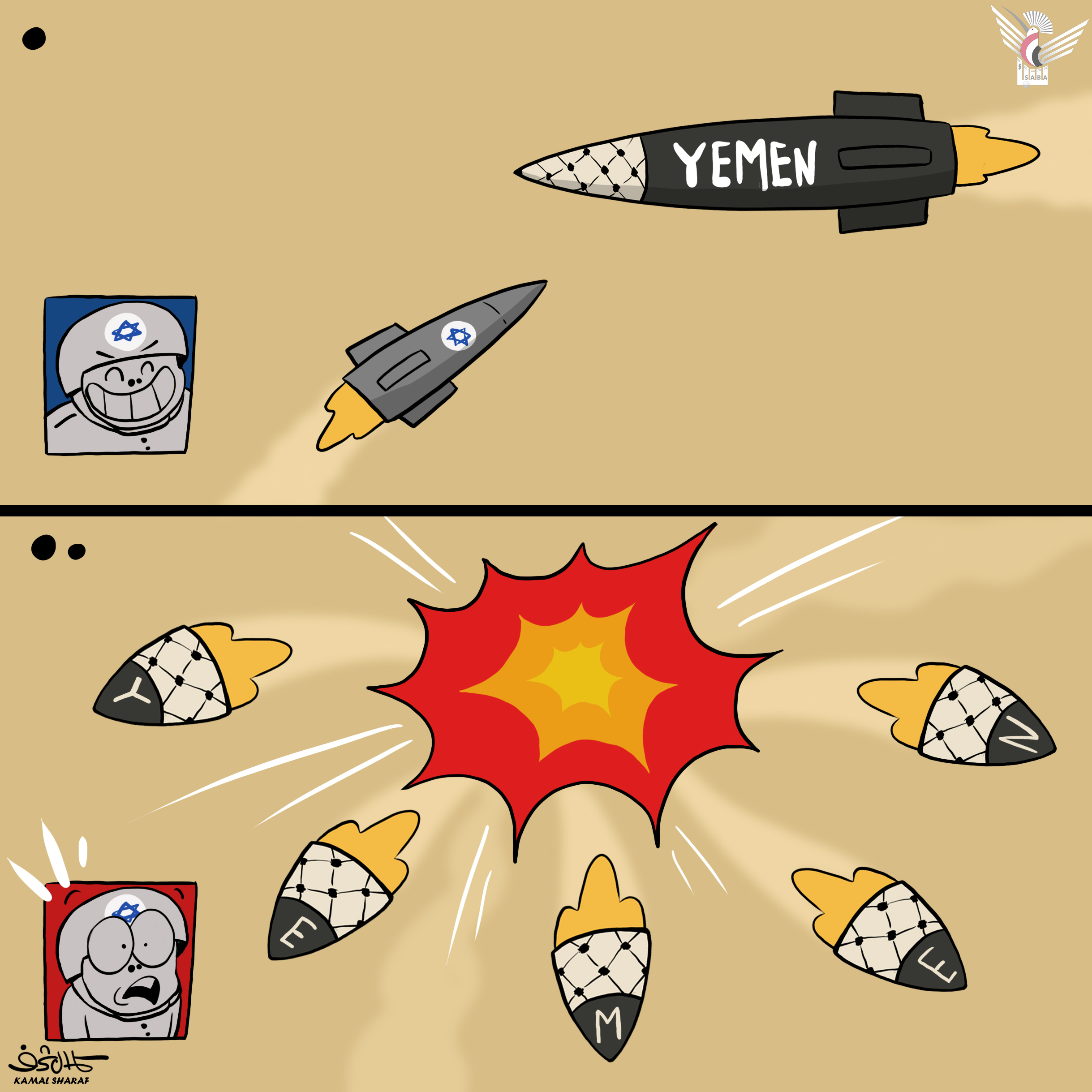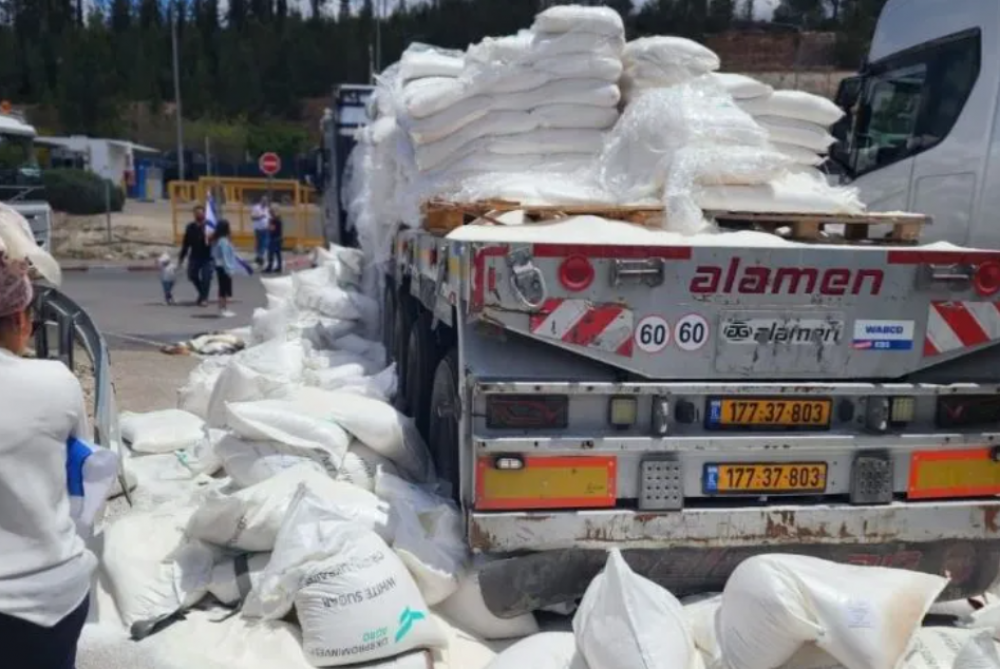Geneva – SABA:
The UN Office for the Coordination of Humanitarian Affairs (OCHA) stated on Friday that the humanitarian operation in the Gaza Strip is facing some of the most severe obstructions “not only in the world today, but in the modern history of global humanitarian response anywhere.”
Speaking to journalists in Geneva, OCHA spokesperson Jens Laerke said that “Israel, the occupying power, is enforcing a tight closure and strict control” over the humanitarian operation.
He stressed that the volume of aid permitted into Gaza “amounts to a mere trickle into an area on the brink of catastrophic famine.”
Laerke explained that the movement of aid into and across Gaza is extremely complicated and obstructed, requiring multiple layers of Israeli approvals, many of which are granted and then withdrawn without explanation.
He rejected Israel’s alternative—the so-called “Gaza Humanitarian Foundation”—saying it is neither neutral, independent, nor practical.
Laerke emphasized that “needs must be the only criterion for receiving aid, not the ability to walk 20 kilometers.”
He added: “What is happening is desperate, tragic, frustrating, and utterly inhumane.”
Laerke criticized Israel’s method of aid distribution, saying it appears designed to undermine the UN’s food distribution systems, which are urgently needed amid extreme food insecurity. “People must be fed immediately, and this must happen daily. Feeding a family today and letting them starve tomorrow does no good,” he said.
He noted that tens of thousands of food parcels and life-saving supplies, paid for by international donors, are ready to enter Gaza, but the occupying power is deliberately blocking their entry.
Regarding Israeli concerns over aid diversion, Laerke clarified that “the UN and its partners maintain strict oversight of every shipment,” and no significant diversions have occurred under their control.
He acknowledged that some of the few trucks allowed into Gaza had their supplies taken by desperate civilians, “which is a survival reaction by people trying to feed their families.” He added: “I don’t blame them for a second. That aid belongs to them.”
Reaffirming the UN’s mission, Laerke said, “Our responsibility is to the people we serve—no one else. Aid must reach them where they are, as it has in the past.”
He concluded by reiterating: “Gaza is the hungriest place on Earth,” with 100% of its population at risk of famine.
Separately, IFRC spokesperson Tommaso Della Longa described the situation as “hell on Earth” and a “relentless nightmare.” He added, “The suffering is enormous, ongoing minute by minute, and happening live. Everyone in the world knows, but we are still lacking action. That is frustrating, disturbing, and unacceptable.”

| more of (International) |




